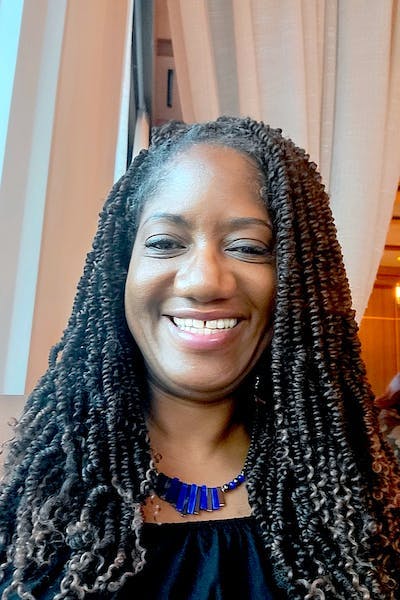Well Beyond Work: The Importance of DE&I and ERG on the Wellbeing of your Employees
By Diana Blake | Published February 22, 2022

The emotional toll stemming from a worldwide health pandemic, civil unrest, protests, and stay-at-home orders over the last 18 plus months was felt by most and those in the workplace were no exception. As a result, employers have recognized the importance of wellbeing in their workforce and begun prioritizing their employees’ mental health. Discussions around Diversity, Equity and Inclusion have increased, and employers are making DE&I part of their culture. However, companies may find continuing to improve on that culture a challenge as they strive to keep it at the forefront. One way for employers to engage their workforce with DE&I efforts is by creating Employer Resource Groups (ERG), also referred as Affinity Groups.
What are ERGs?
Voluntary employee-led groups whose aim is to foster a diverse and inclusive workplace that aligns with the organizational mission, values, goals, and business practice objectives.
Why are ERGs important?
ERGs help develop future leadership roles, increase employee engagement, and expand marketplace reach. This is accomplished in a couple of ways: first, they make sure employees have an opportunity to be heard, valued, and engaged. Second, employees gain a better understanding of the customers they serve. Lastly, they get insight into the business performance because they understand that if they don’t grow, they won’t be around for long. (Shelton Goode, Ph.D. Director of Diversity and Inclusion for Oshkosh Corp and author of Diversity Managers – Angels of Mercy or Barbarian of the Gate iUniverse 2014).
How ERGs support employees’ wellbeing?
ERGs give marginalized groups support by creating and fostering relationships with colleagues with common identities or issues. It allows these groups a safe space to share experiences while reducing the stress of carrying the load alone of bringing awareness to the biases they face.
ERG’s provide mentorships and educational opportunities in areas such as finances, physical well-being, and individual development both within and out of the workplace that are specific to the groups’ needs and identity.
How do ERG’s play an integral part in redefining workplace wellness?
By creating an inclusive space that ensures individuals are seen and heard. Their voices matter and they belong.
By providing space for under-represented groups to feel safe to speak up in a non-judging atmosphere.
By raising cultural awareness that allows allies and employees an opportunity to learn about each other and recognize the commonalities they may share.
By promoting allyship in curating an environment for employees to come together and support one another on issues that matter most.
By building community via creating ways for employees to connect with one another.
ERGs are great for the overall health and wellness of your employees. When employees feel valued and a sense of belonging, they don’t carry the stress of trying to fit in but rather being their authentically best selves. Implemented right could lead to less mental stress and better productivity. Win-Win for both employers and employees.
Our advisors are happy to discuss the retention and well-being components of your employee benefits offering.
Contact your benefits expert or reach out to us at 650-488-8565 to learn more.
To learn more about Newfront’s Employee Resource Groups and other DE&I efforts, visit our website.

Diana Blake
Senior Claims Consultant
As Newfront’s Senior Workers Compensation Claims Consultant, Diana advises employers and broker personnel in the application of various workers compensation laws, rules, and regulations. She assesses programs for employers and implements plans of action to reduce claim cost. Additionally, she provides workers compensation training and claims reviews services to employers, which allows for monitoring of claims statuses to ensure accurate reserving and resolution. Diana has over 25 years of workers’ compensation experience and has worked as a Senior Claims Examiner for various insurance companies. She joined Newfront in 2004. Diana has over 25 years of workers’ compensation experience and has worked as a Senior Claims Examiner for various insurance companies. She joined Newfront in 2004.


